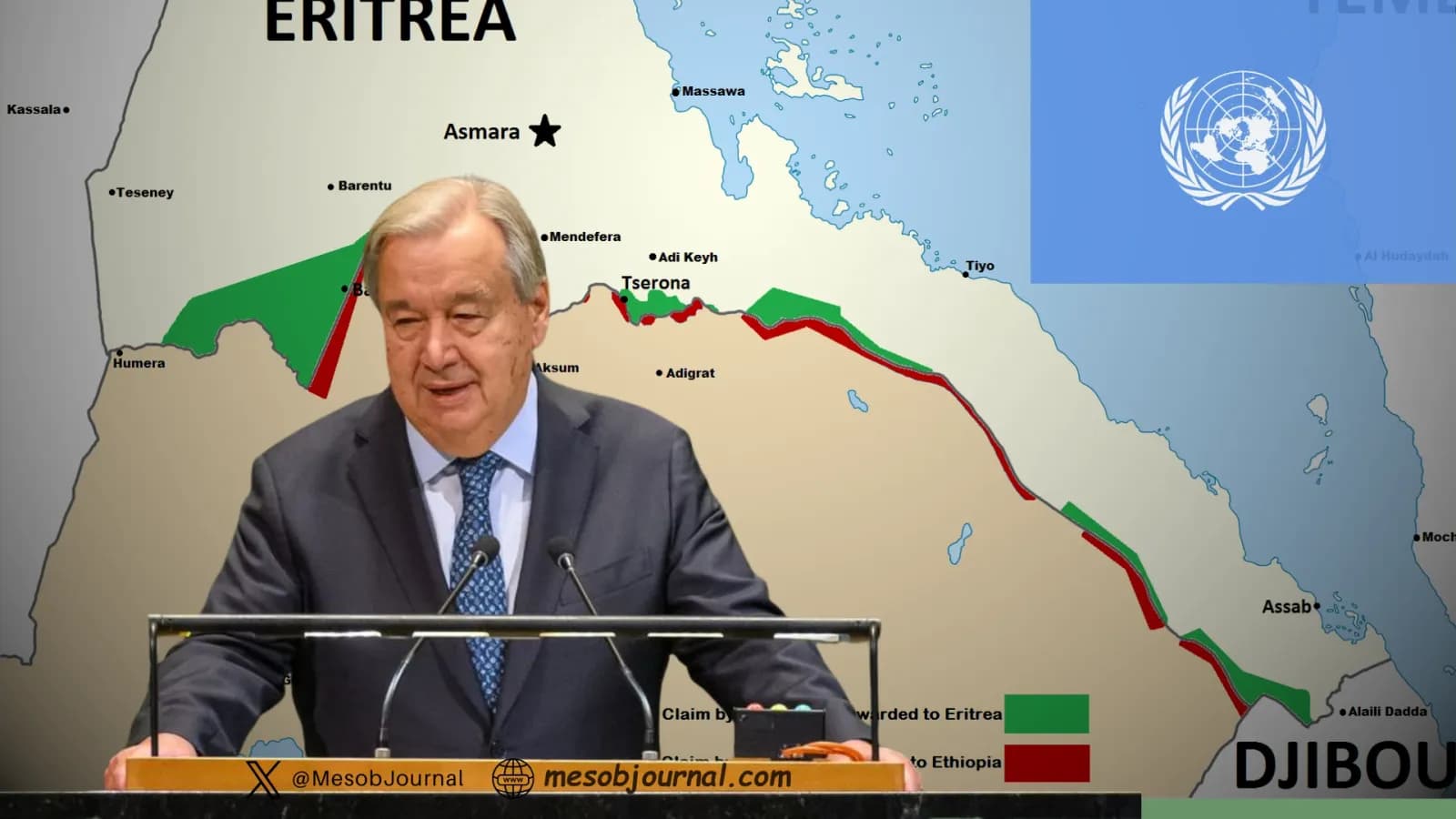Ethiopia’s Debt Deadlock: Abiy’s Default Nation Hits the Wall

It’s official now. Ethiopia’s economic “renaissance” has gone from sales pitch to slow-motion crash. Reuters confirmed this week that Addis Ababa’s debt restructuring talks have collapsed — bondholders walked out, the government admitted defeat, and legal action is on the table. For a country once branded “Africa’s rising star,” this is a stunning fall.
The Ministry of Finance in Addis Ababa released a terse statement on October 14 admitting that “restricted discussions” with Eurobond creditors had ended without agreement. Hours later, the bondholder committee issued its own statement, accusing Ethiopia of bad faith and warning it was “considering all options, including legal action.” Reuters, Bloomberg, and others independently verified both documents.
That’s the polite diplomatic phrasing for “we don’t trust you anymore.”
From Reformer to Default Risk
Prime Minister Abiy Ahmed once promised investors “a new Ethiopia” — open markets, privatization, peace dividends. But since 2020, his rule has delivered the opposite: multiple wars, ethnic displacements, and a country drowning in unpaid bills. Ethiopia defaulted on its $1 billion Eurobond in December 2023, then spent nearly two years trying to negotiate its way out of it under the G20 “Common Framework.”
Now, even that process has collapsed.
Bondholders say the government’s latest proposal included a “Value Recovery Instrument” that made little sense in a country where GDP data itself is disputed and regional states act like separate kingdoms. Reuters cited sources saying the creditors refused to take further losses after Ethiopia offered a deep haircut while showing no credible growth plan.
In the bond market, confidence has evaporated. The country’s Eurobond dropped again after the news — trading at about 43 cents on the dollar, down from 38.6% earlier this year. It’s not just numbers; it’s a symbol of how far Abiy’s image has fallen.
A Government in Denial
Ethiopia’s leadership still talks like everything is fine — as if firing the National Bank governor or replacing economic advisors will magically restore solvency. Meanwhile, inflation keeps climbing, foreign reserves have nearly evaporated, and the national airline has become the government’s last functional foreign-currency pipeline.
What’s missing is accountability.
Abiy’s administration blames “global shocks,” “the Ukraine war,” “Red Sea ownership,” or “climate change.” But no one can miss the pattern: the Tigray war, the Oromia insurgency, the war on Amhara people, border hostilities with Somalia, the open threat to Eritrea — all self-inflicted wounds draining billions from a country already bankrupt.
Even the International Monetary Fund, once overly cautious in its tone, has stopped sugarcoating it. In its July 2025 review, the IMF noted Ethiopia remains in default and “faces elevated debt distress risks” despite pledges of reform. Translation: there is no money and no credibility left.
Empty Dreams, Real Consequences
Remember when Addis Ababa’s PR machine pushed “Homegrown Economic Reform”? That phrase now sounds like a cruel joke. Half of rural children remain stunted. Around 95% of Ethiopian households lack basic sanitation, and 70% still have no electricity, according to national data and World Bank reports.
Abiy Ahmed’s ruling party loves to build glass towers in the capital — symbols of “progress.” But these are hollow shells in a collapsing system. Behind those towers are unpaid contractors, hungry civil servants, and farmers priced out of fertilizer.
Even the “Green Legacy” tree-planting spectacle can’t hide an economic desert.
The Creditor Revolt
Reuters’ revelation that bondholders are now eyeing legal action marks a turning point. Sovereign creditors rarely threaten litigation unless they’ve lost all faith in the government’s word. Once legal proceedings start, Ethiopia’s already-weak access to capital will vanish entirely — foreign investors, aid agencies, and even friendly states will tread carefully.
And it’s not just a financial crisis. It’s a political one. The default exposes the fiction that Abiy’s government was ever in control. You can’t run a unified economy when half the regions defy the center, trade is disrupted by conflict, and even central-bank data are politicized.
The Mirage Is Over
For years, Ethiopia’s propaganda machine convinced donors and commentators that debt meant “development” and that endless borrowing equaled progress. But now the mask has slipped. What the country faces is not temporary hardship — it’s structural collapse, the direct product of hubris, militarism, and denial.
The irony is hard to miss. The same man who claimed he’d make Ethiopia “Africa’s Singapore” now presides over a defaulted, divided, and disillusioned state — where investors flee, creditors sue, and citizens struggle to afford bread.
A Government Addicted to Debt
Abiy Ahmed’s Ethiopia has become the cautionary tale it once warned others about: a government addicted to debt, allergic to self-reliance, and incapable of peace. When bondholders start calling lawyers, it means the world has stopped listening.
The “impasse” Reuters described isn’t just financial — it’s moral, political, and national. Ethiopia has hit the wall.
And for its people, who deserve so much better, that’s the real tragedy.
Related stories

Abiy Ahmed’s Strategic Isolation Is Now in Writing
What Addis Ababa has spent two years denying is now staring it in the face—on White House letterhead. The January 16 letter from Donald Trump to Abdel Fattah el-Sisi isn’t just about mediation. It’s a signal. Clear, deliberate, and consequential. Washington is aligning itself

When Maps Become Messages: Ethiopia’s Dangerous Normalization of Territorial Claims
There are moments in diplomacy when silence is louder than words. And there are moments when a picture—deliberately chosen, officially circulated—does more damage than a thousand speeches. The map displayed this week in a video released by Ethiopia’s Prime Minister’s Office belon

Ethiopia on the Brink: A Humanitarian Crisis Deepened by Political Choices
The International Rescue Committee’s latest Global Humanitarian Crisis Watchlist offers a sobering snapshot of the world heading into 2026. Ethiopia now ranks among the top five most at-risk countries globally — alongside Sudan, Palestine, and South Sudan. This is not a symboli

Eritrea-Ethiopia Algiers Agreement at 25: International Law Still Stands
Twenty-five years after the signing of the Algiers Agreement, the United Nations Secretary-General has once again urged Eritrea and Ethiopia to “respect the border pact.” On the surface, the message sounds balanced, even responsible. But anniversaries are not just moments for rit

